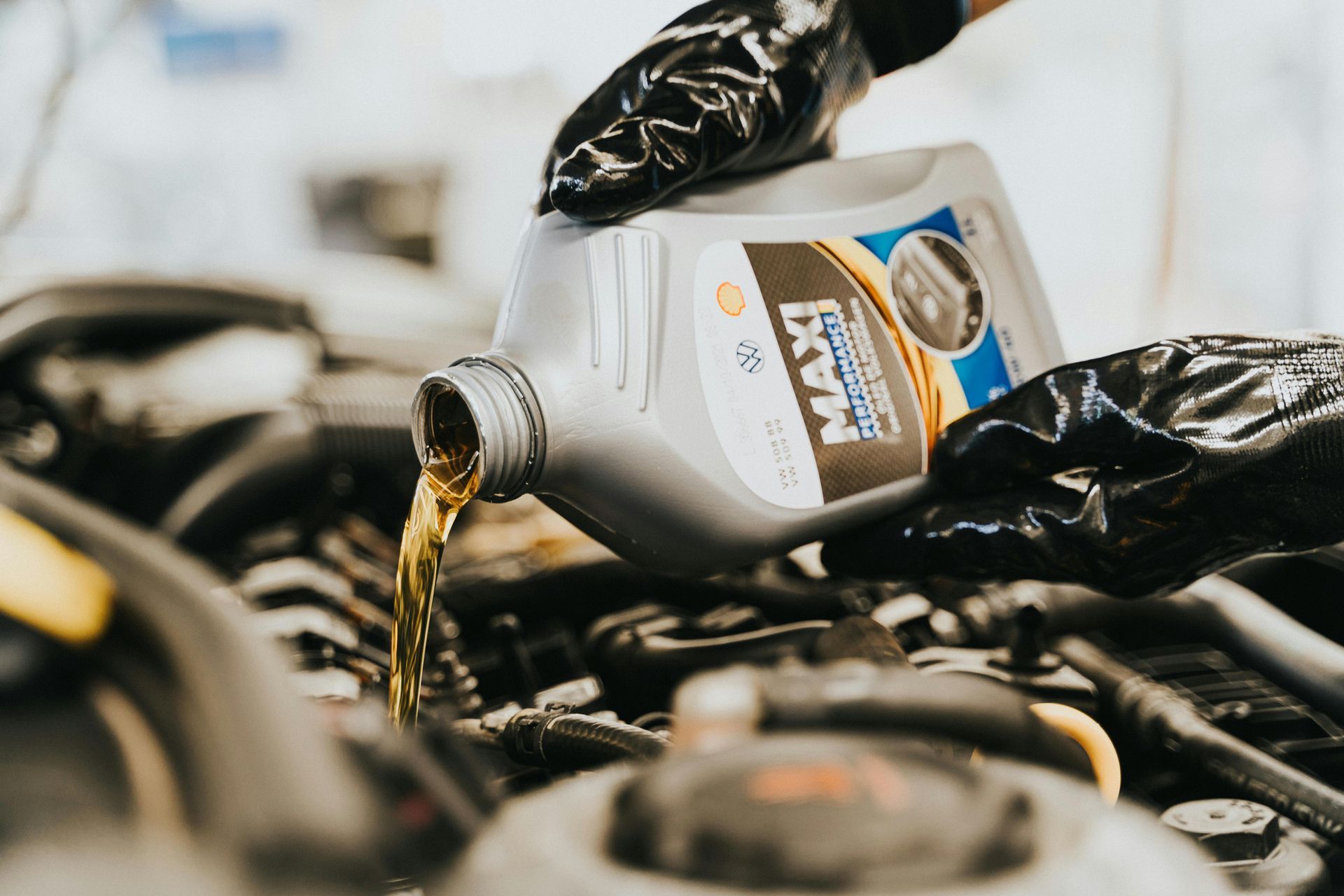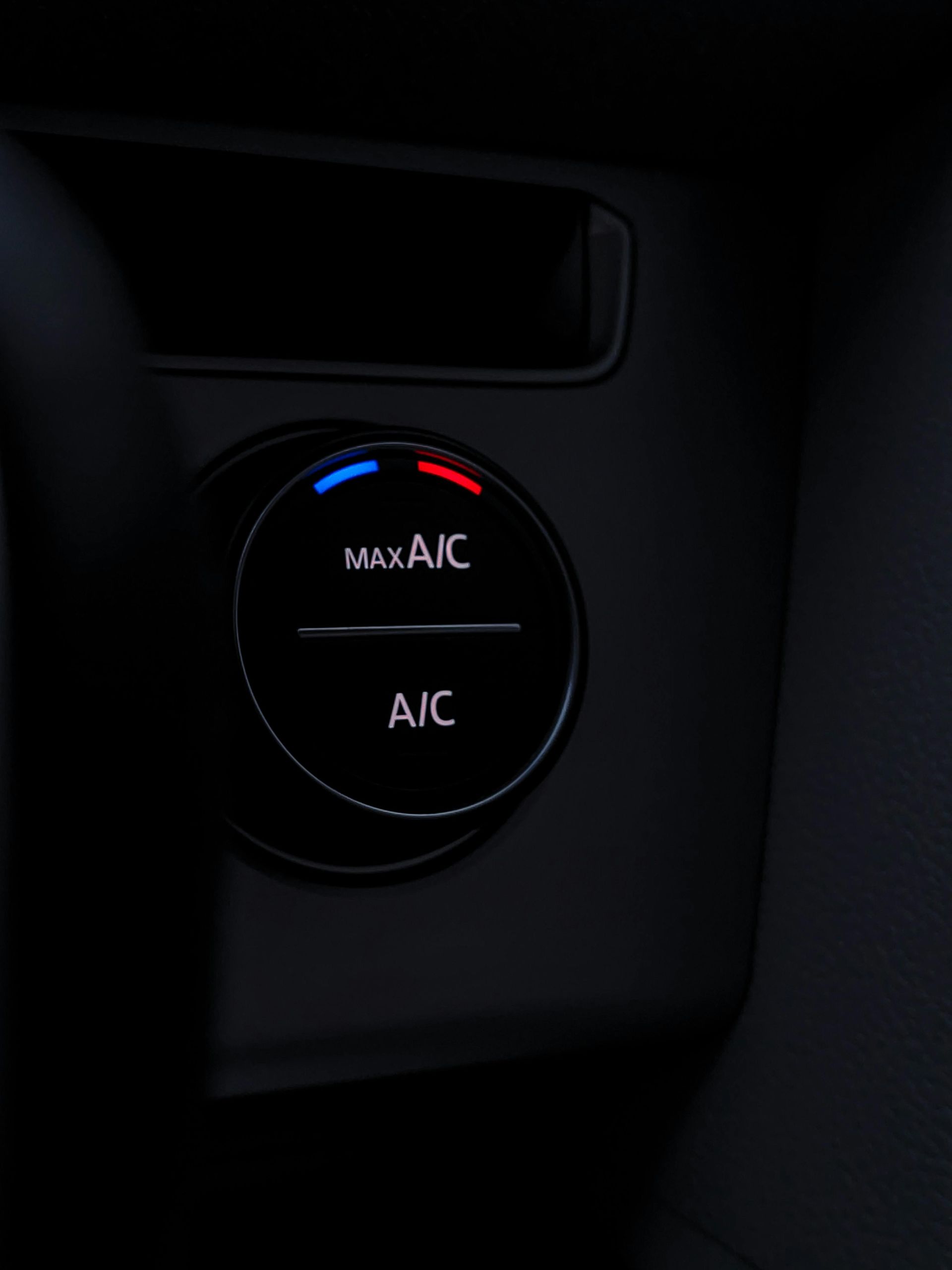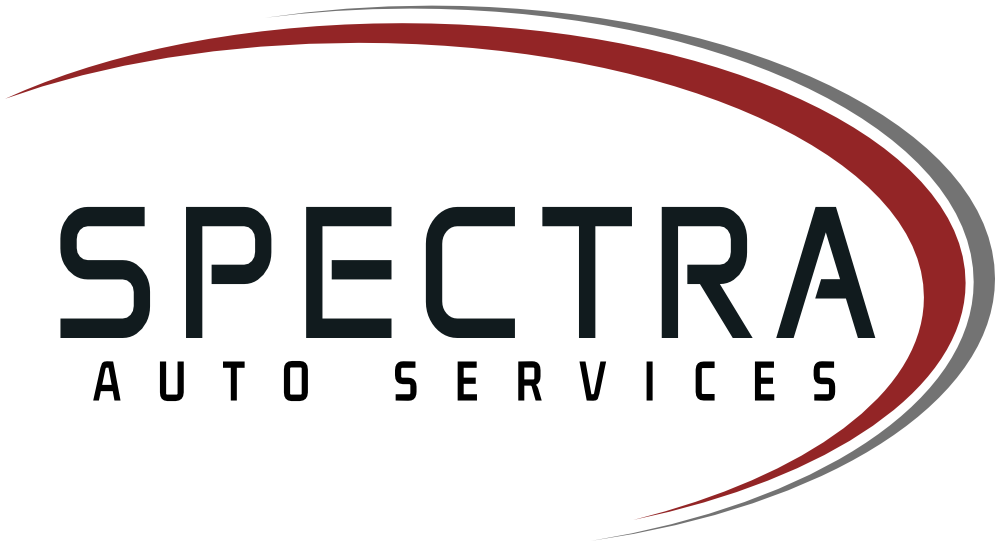Dashboard Warning Lights You Shouldn't Ignore This Summer in Frederick
Your dashboard is trying to tell you something important, but many Frederick drivers treat warning lights like background noise. During Maryland's hot, humid summers, those little illuminated symbols become even more critical – they're often your only warning before a minor problem becomes an expensive breakdown or dangerous situation.
Summer driving conditions stress your vehicle in ways that cooler weather doesn't. Whether you're commuting to work in downtown Frederick or heading to a weekend getaway at Deep Creek Lake, ignoring dashboard warnings during hot weather can leave you stranded when you least expect it.
Why Summer Makes Dashboard Warnings More Critical
Hot weather accelerates vehicle problems in ways that make dashboard warnings more urgent than during moderate seasons. Maryland's combination of high temperatures and humidity creates the perfect storm for system failures.
Heat causes fluids to break down faster, electronic components to malfunction, and rubber seals to deteriorate more quickly. When your car's computer detects these problems through various sensors, it illuminates warning lights to alert you before complete system failure occurs.
Humidity adds another layer of complexity. Moisture can affect electrical connections, cause corrosion in sensitive components, and interfere with sensor readings. What might be a minor issue in dry conditions can quickly escalate in Maryland's muggy summer weather.
Critical Warning Lights That Demand Immediate Attention
Some dashboard lights require you to stop driving immediately, while others give you time to schedule repairs. Knowing the difference can prevent engine damage, accidents, or being stranded in dangerous situations.
These lights mean stop driving now:
• Engine oil pressure warning (usually red oil can symbol) – indicates potential engine damage within minutes
• Engine temperature warning (thermometer or temperature gauge in red) – overheating can destroy your engine
• Brake system warning (red "BRAKE" or circle with exclamation point) – brake failure risk
• Battery/charging system (battery symbol) – electrical system failure that will leave you stranded
• Power steering warning – loss of steering assist, especially dangerous at highway speeds
These lights require prompt attention but don't necessarily mean immediate danger:
• Check engine light (engine symbol) – emissions or engine management issues that can worsen
• Tire pressure monitoring (TPMS symbol) – tire pressure problems that affect safety and fuel economy
• ABS warning light – anti-lock brake system issues that reduce braking effectiveness
• Airbag warning light – safety system malfunction that could prevent airbag deployment
Temperature-Related Warning Lights
Maryland summers put extra stress on your vehicle's cooling and lubrication systems, making temperature-related warnings especially common and dangerous.
Engine Temperature Warnings
Your engine operates within a narrow temperature range. When Maryland heat combines with traffic jams on I-270 or stop-and-go driving through Frederick, engine temperatures can spike quickly. Modern cars have multiple temperature sensors that trigger warnings before catastrophic overheating occurs.
Never ignore temperature warnings, even if they seem to come and go. Intermittent overheating often indicates problems with the cooling system that will worsen over time. Continuing to drive with temperature warnings can result in warped cylinder heads, blown gaskets, or complete engine failure.
Oil Pressure Problems
Hot weather makes engine oil thinner, reducing its ability to maintain proper pressure throughout the engine. Low oil pressure warnings during summer driving often indicate oil level problems, oil pump failure, or oil that's broken down from heat exposure.
Oil pressure loss can destroy an engine in minutes. If you see this warning, shut off the engine immediately and call for professional help.
Electrical System Warnings in Hot Weather
Summer heat is particularly hard on your vehicle's electrical system, causing problems that trigger various dashboard warnings.
Battery and charging system warnings become more common in hot weather because heat accelerates battery fluid evaporation and can cause charging system components to fail. A failing alternator or weak battery will leave you stranded, often without warning beyond the dashboard light.
Electronic control module warnings may appear as check engine lights or other system-specific alerts. Modern vehicles rely heavily on computer controls that can malfunction when exposed to extreme heat, especially in older vehicles where cooling systems may not be operating optimally.
Brake System Warnings During Summer
Hot weather affects brake performance and can trigger brake system warning lights that shouldn't be ignored.
Brake Fluid Warnings
Brake fluid absorbs moisture over time, and that moisture can cause the fluid to boil during hot weather or heavy braking. When brake fluid boils, it creates vapor bubbles that make your brakes feel spongy or fail completely.
ABS and Electronic Brake Warnings
Anti-lock brake systems and electronic brake assist rely on sensors and electronic controls that can malfunction in extreme heat. These systems are crucial for safe stopping, especially in emergency situations.
What to Do When Warning Lights Appear
Your response to dashboard warnings can mean the difference between a minor repair and a major breakdown.
Immediate Action Items
For critical warnings (oil pressure, temperature, brakes), pull over safely as soon as possible and shut off the engine. Don't attempt to drive to a repair shop if you're experiencing oil pressure or severe overheating warnings.
For non-critical warnings, schedule professional diagnosis within a few days. Even minor issues can worsen quickly in hot weather, turning manageable repairs into expensive failures.
Don't Try DIY Diagnosis
Modern dashboard warning systems are complex and often indicate problems that require professional diagnostic equipment to identify accurately. Guessing at the cause or attempting quick fixes can make problems worse or mask symptoms of serious issues.
The Cost of Ignoring Warnings
Dashboard warnings exist to prevent expensive damage, but many drivers learn this lesson the hard way.
A simple check engine light that could indicate a $50 sensor replacement might lead to catalytic converter damage costing $2,000 if ignored. Temperature warnings that could be resolved with a $200 thermostat replacement can result in $5,000+ engine rebuilds when overlooked.
During summer driving, problems escalate faster due to heat stress, making early intervention even more critical for protecting your investment.
Professional Diagnosis Makes the Difference
Modern vehicles use sophisticated computer systems to monitor dozens of sensors and components. When something goes wrong, the computer stores diagnostic codes that trained technicians can interpret to identify the exact problem.
Professional diagnostic equipment can read these codes, test system operation, and pinpoint issues before they cause complete failures. This saves time, money, and prevents the frustration of throwing parts at problems without fixing the root cause.
Don't Let Warning Lights Ruin Your Summer
Dashboard warning lights are your vehicle's way of asking for help before problems become emergencies. During Maryland's challenging summer weather, these warnings become even more important for preventing breakdowns and maintaining safety.
Whether you're dealing with a simple check engine light or more serious brake or temperature warnings, prompt professional attention can save you from expensive repairs and dangerous situations.
Spectra Auto Services has been diagnosing and repairing dashboard warning light issues for Frederick area drivers for 35 years. Our TechNet-certified technicians use professional diagnostic equipment to accurately identify problems and provide honest recommendations for repairs.
Call us at (301) 244-9975 to schedule your diagnostic service today. Located at 324 N East St in Frederick, we back all our work with a 24-month/24,000-mile nationwide warranty. Don't ignore what your car is trying to tell you – we'll help you understand what those lights mean and keep you safely on the road.














